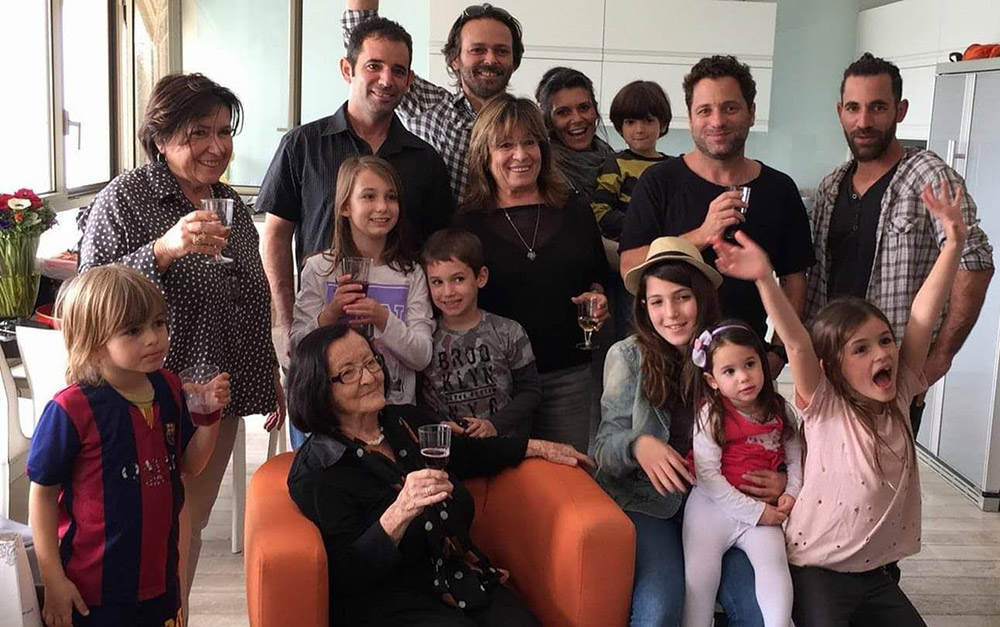Wilder
 עדותו של וילדר מרצין ליד ושם
עדותו של וילדר מרצין ליד ושםThe testimony of Marcin Wilder
I was born on May 9 th , 1922 in Sniatyn (Śniatyn) an only son of my parents. Until the outbreak of World
War II, I lived in the city of Stryj, where my father was the director of a power station. When the war
broke out, I was a high school student. My father was drafted into the Polish army as an officer. When
the Soviets took control of the city, my father continued to work in his previous position. I graduated
from high school in 1940 and was accepted to study medicine at the university. After the university
administration learned that I was Jewish, I was expelled.
In July 1941, my father was executed along with 150 other Polish and Jewish officers. My mother
became ill in April 1941 and was murdered in September 1941 by the Germans, who by then occupied
Lvov.
After I was expelled from the university I worked as a driver and that way I arrived in Kiev during the
withdrawal of the Soviets. From Kiev I managed to escape and returned to Stryj to my parents'
apartment. The apartment was located in the Aryan part of the town.
In November 1941, the first Aktion took place in Stryj. I was saved by Priest Kolinowski, who hid me in
the church. In the spring of 1942, I left the apartment in Stryj and on May 9 th , 1942 I moved to Boryslaw.
In August 1942, the "Great Aktion" took place, in which 5,000 Jews were captured and sent to the Belzec
extermination camp. I too was arrested but managed to escape with 5 other Jews. I returned to the
sawmill where I had worked before and my manager, a German named Feldman, took me in and gave
me a change of clothes. After this Aktion, the Germans established a ghetto in Boryslaw, and all the Jews
were sent there. I also moved there. In November 1942, another Aktion was held in which 1,000 Jews
were arrested. Then all the Jews, that were still able to work, were required to wear a badge with the
letter “R”.
In December 1942, the Germans set up a labor camp in the oil field. The camp was not a closed camp
and at night we returned to the ghetto. In February 1943, the ghetto was liquidated. About 800 Jews
were rounded up near the slaughterhouse, where they were shot to death. Before they were shot, they
were forced to undress and they were thrown into pits, sometimes while still alive.
I stayed in the labor camp. In May 1943, a group of 20 young people tried to escape in the direction of
the Hungarian border, but were captured near the border. Six young people, and I was among them
managed to escape. I returned to Boryslaw to the labor camp. While in the labor camp, we managed to
build a bunker during the nights in a forest not far from Boryslaw. A few days after our escape from the
camp, the camp commander Hildebrand announced that anyone who wanted to leave the camp could
do so. About 1,500 Jews fled to the forests, but soon afterwards, most were captured. Of the Stryj Jews,
only about 500 survived.
In March 1944 we escaped from the camp and hid in a bunker, where I remained until August 1944.
וילדר לוטי ויוסף (הוריו של מרצין וילדר)
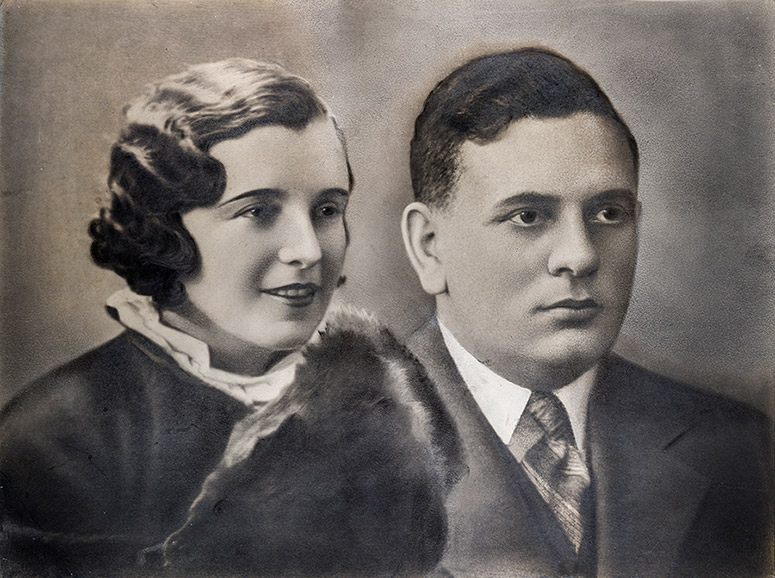

מרצין ורעייתו גניה
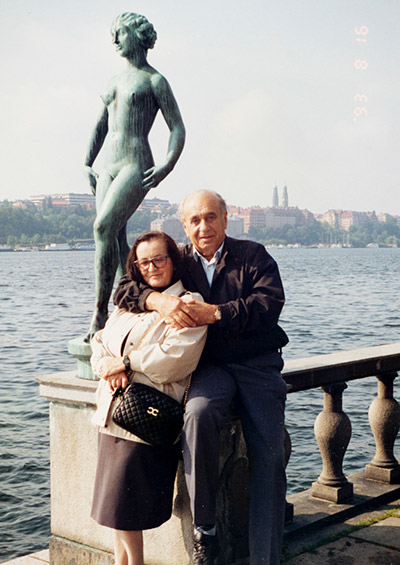
מרצין בשנת חייו האחרונה
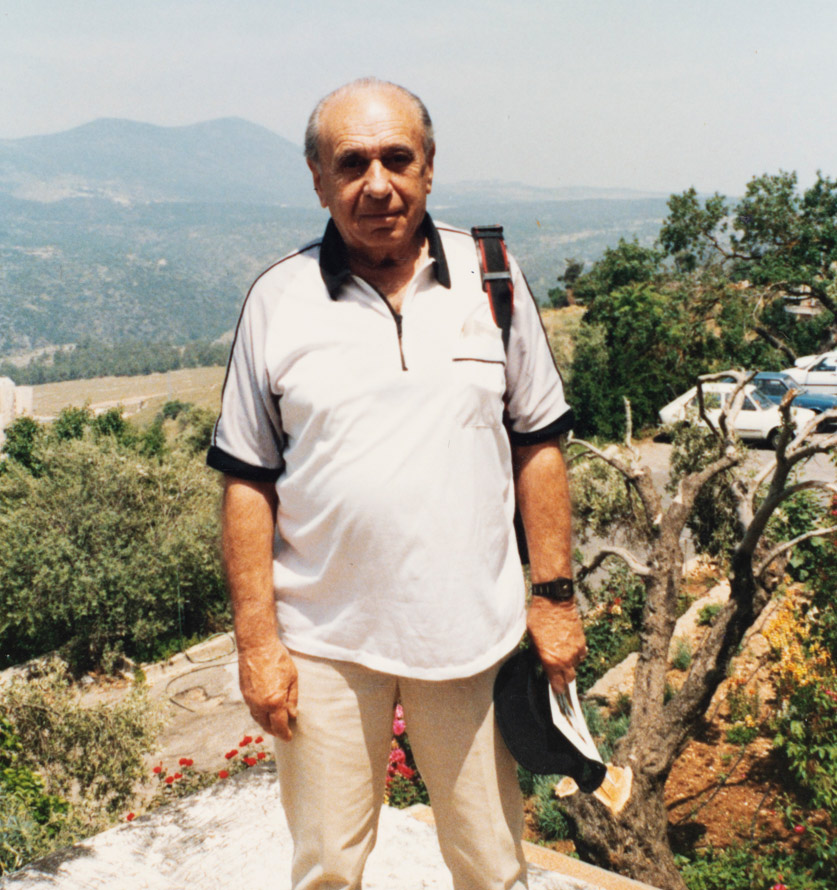
מרצין ואימו לוטי
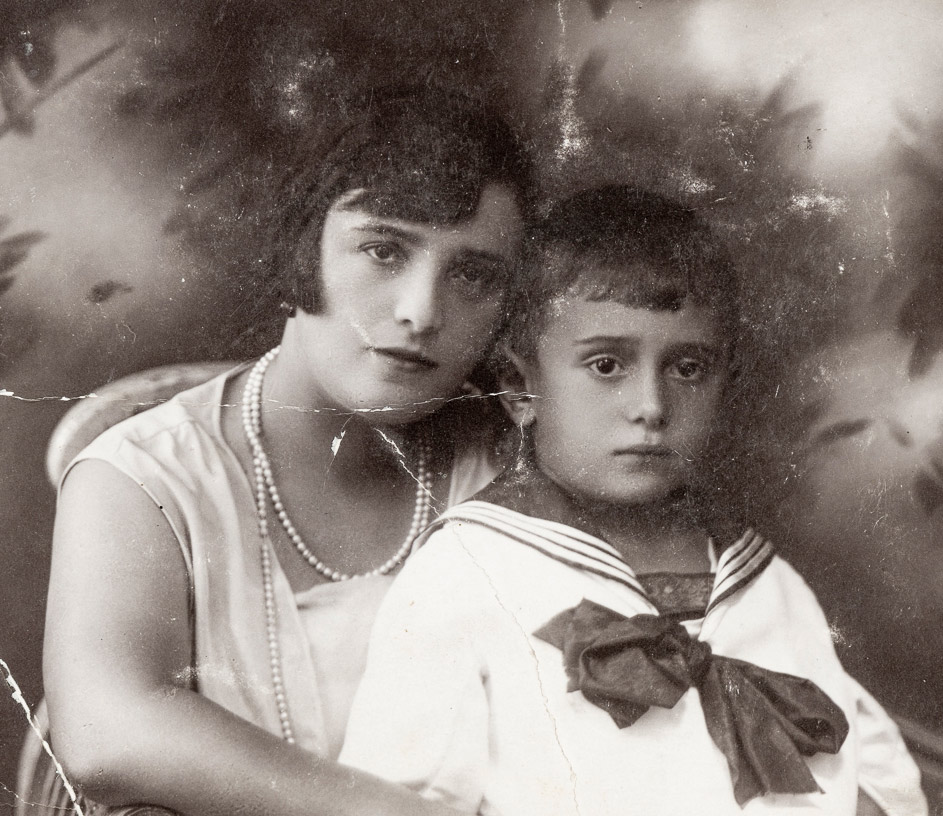
מרצין (בילדותו) עם הוריו (לוטי ויוסף וילדר)
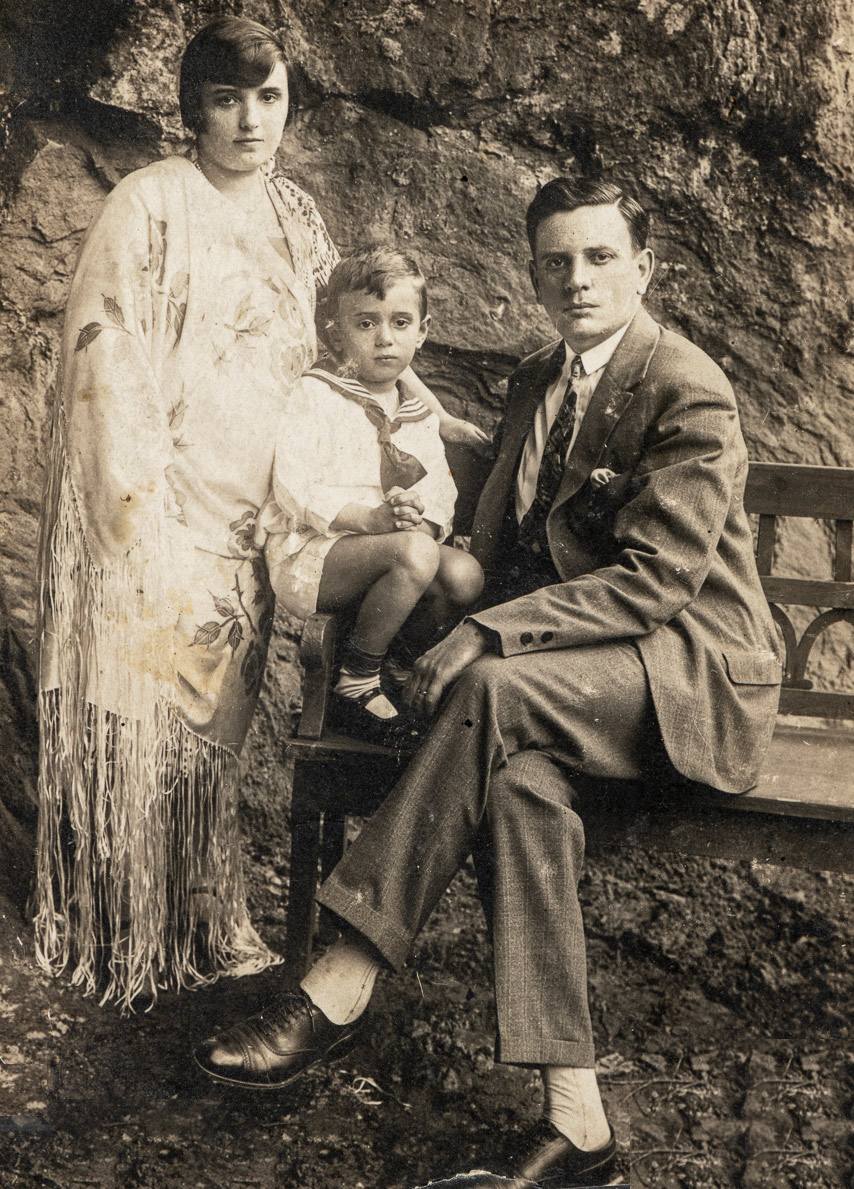
חתונה של גניה ומרצין ב-21/12/1947.
 גניה ומרצין בפולין אחרי המלחמה
גניה ומרצין בפולין אחרי המלחמה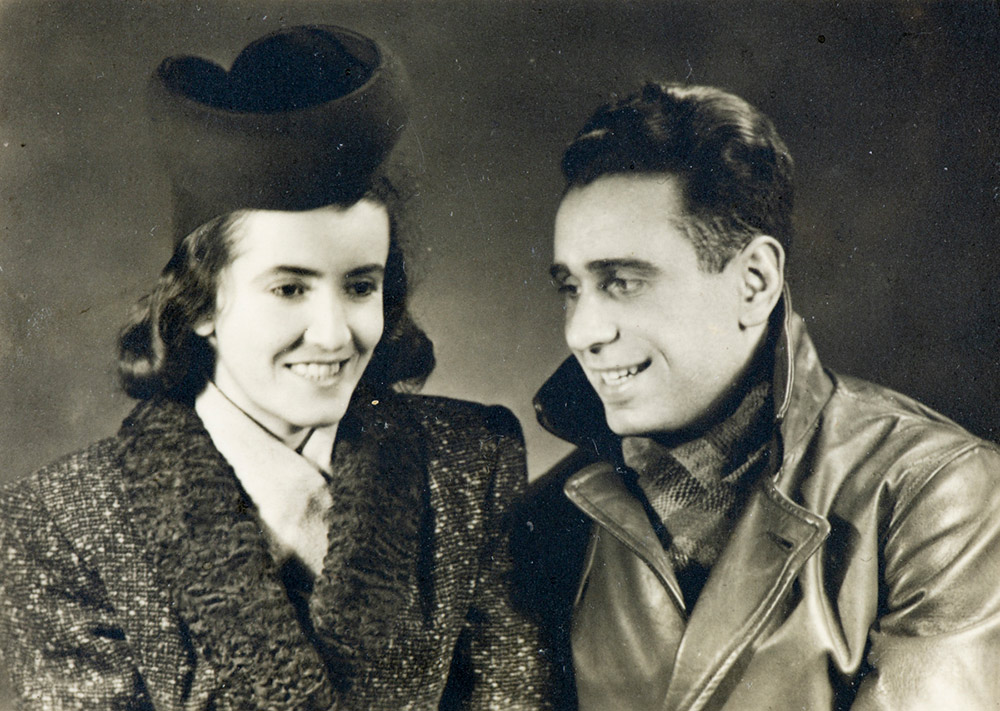
מרצין עם אמו לוטי וכלבם שנורה לנגד עיניו אחרי מות הוריו

גניה בביתה בחולון עם 3 הנינות שנהגה לקרוא להן "נינוצ'קות"
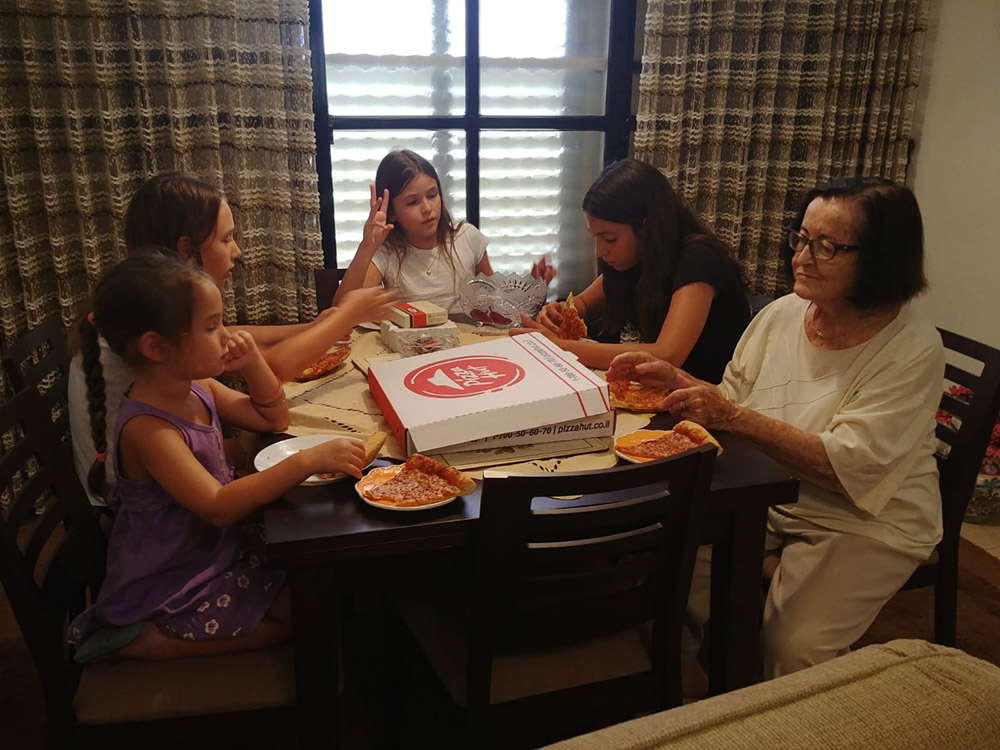
המשפחה הגרעינית של מרצין וגניה וילדר -הבנות הנכדים והנינים
